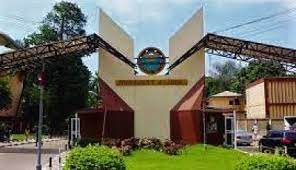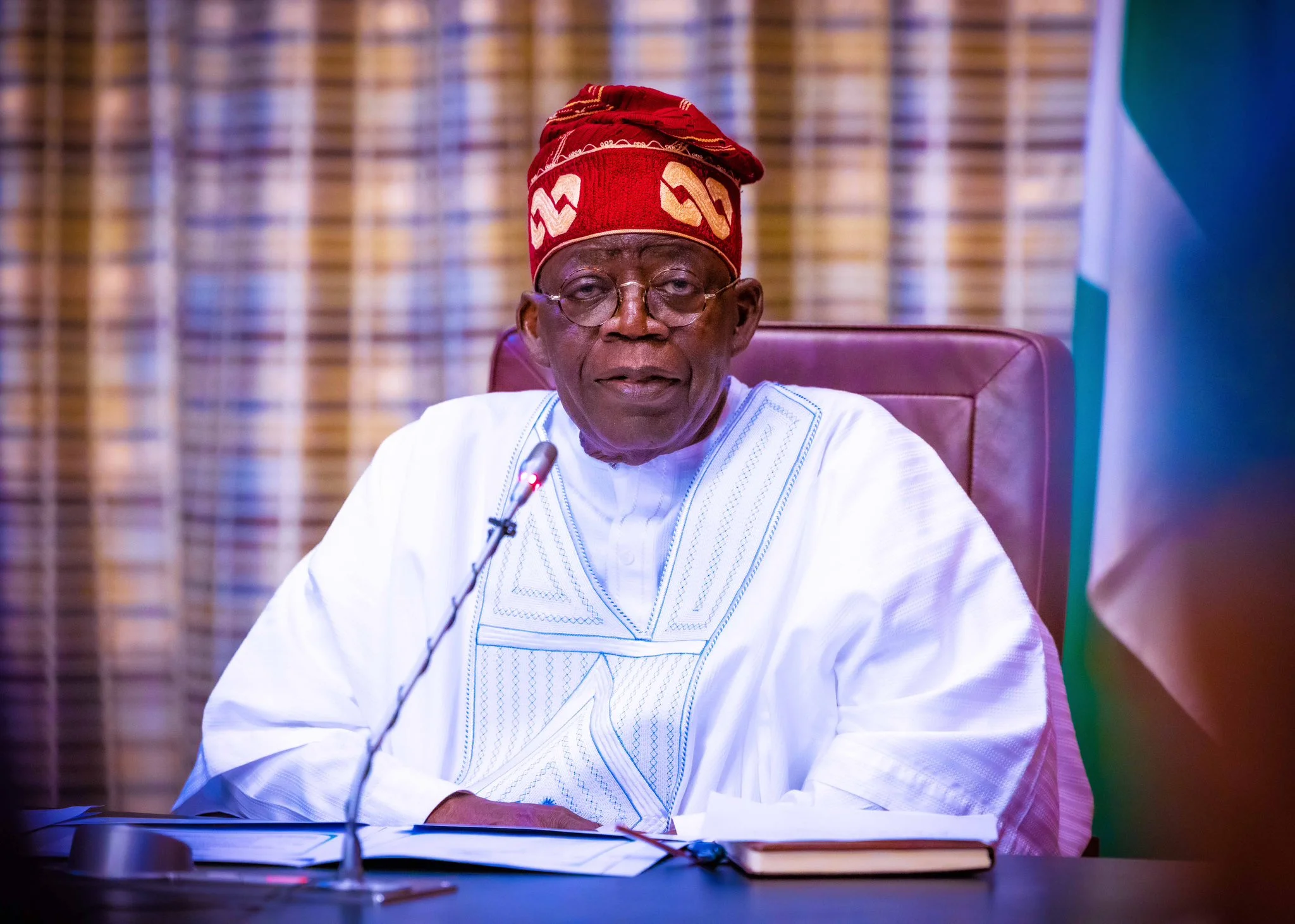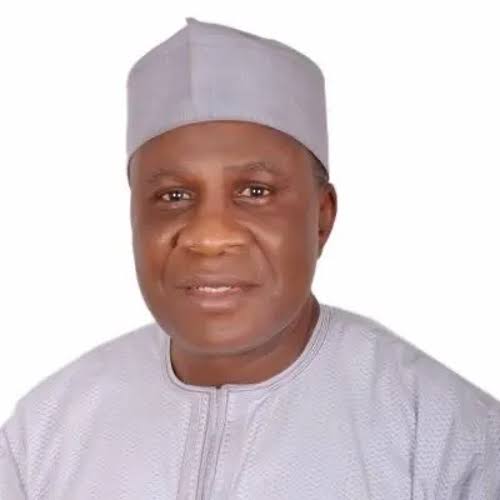In the 22 years since Nigeria’s return to democracy in 1999, academics in its public universities have gone on strike a record 15 times. The 16th one, a one-month warning strike declared on February 14 to press for increased wages, comes barely two years after a nine-month industrial action.
In each case, the institutions have had to shut their doors, disrupting academic calendars to the frustration of students and parents nationwide. But for the Academic Staff Union of Universities (ASUU), the umbrella body of the lecturers, a similar frustration is at the heart of its perennial struggle for better remuneration and improved infrastructure in the schools.
‘’Imagine receiving the same salary since 2009 and compare what you received in 2009 with what you are receiving now [and] with the inflation,” asked Foluke Aliyu-Ibrahim, an English lecturer at the University of Ilorin who told Al Jazeera that the government has reneged on several agreements with ASUU. “People don’t understand what we are going through, it is a lot of sacrifices.’’
Since the oil boom of the 1970s, the government has traditionally subsidised tuition in tertiary institutions, but these days, it can barely keep up with the rising cost of education. Industry stakeholders have said the public education system is in a state of gradual decay, best exemplified by the declining standards of the universities.
Currently, there are at least 170 licensed universities in Nigeria; almost half of those are bankrolled by either the federal or state governments while the rest are owned by private individuals and organisations.
According to BudgIT, a civil society organisation dedicated to fiscal transparency and budget tracking, Abuja allocated 335.4 billion naira ($807.23m) in total (PDF) to all 44 federal universities last year – a third of the Lagos state budget for the same year.
Depending on their rank, the monthly salaries of lecturers range between 95,000 naira ($228) and 332,000 naira ($800), with 416,000 naira ($1,000) being the maximum pay for a professor. Staff are forced to run businesses on the side to make ends meet, leaving no time to engage in research and development. Undergraduates routinely post photos of their dilapidated hostels and classrooms to social media.
Authorities have repeatedly told the union that the government is broke and cannot continue to subsidise tertiary education – and there is some truth to that statement.
Due to the pandemic and a slump in global oil prices, the Nigerian economy, Africa’s largest, experienced its biggest recession in more than three decades, in 2020. Figures from its Debt Management Office show that the country’s debt obligations have now hit 38 trillion naira ($92.62bn), its highest ever.
However, the academics accuse the government of reckless spending – and insensitivity.






